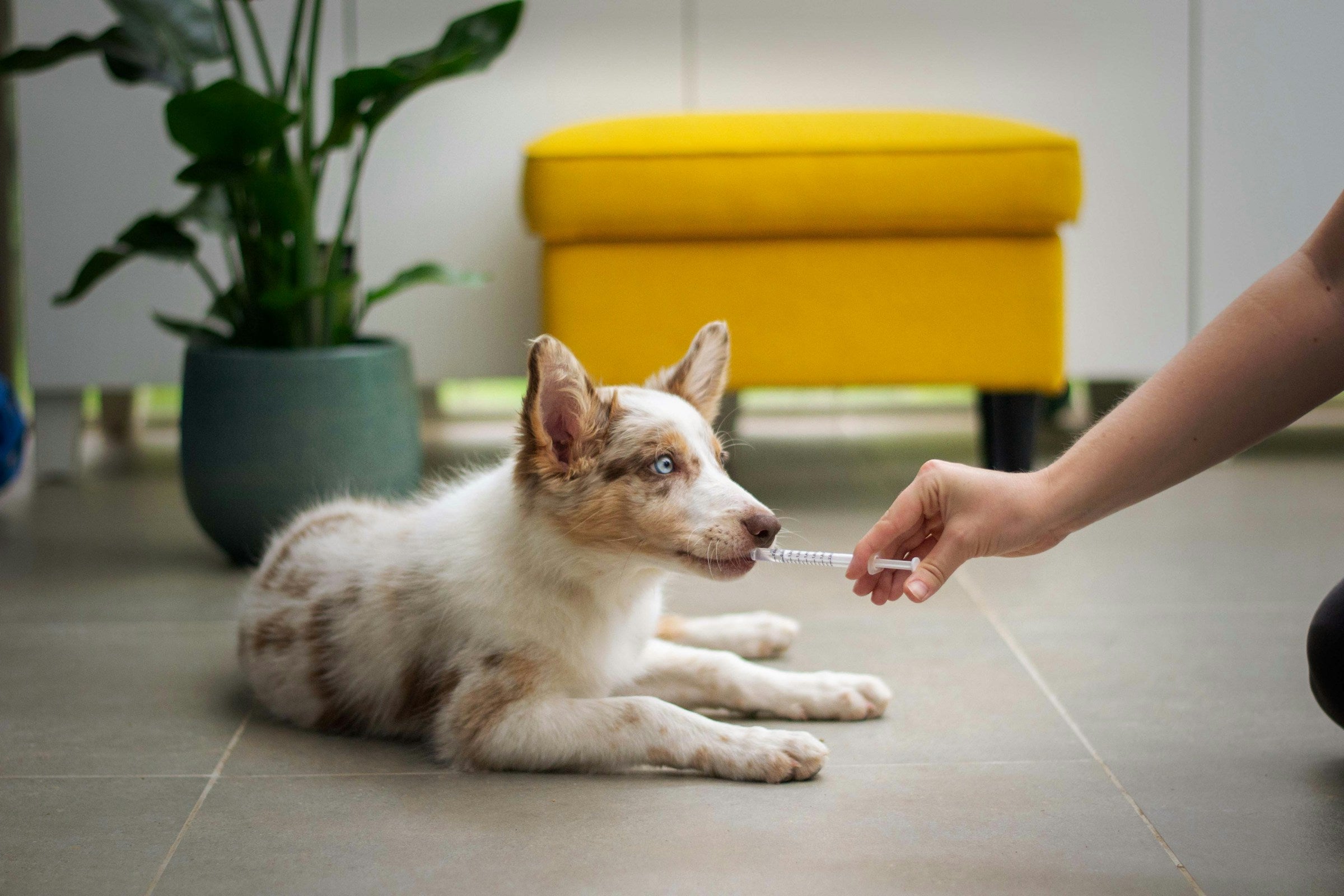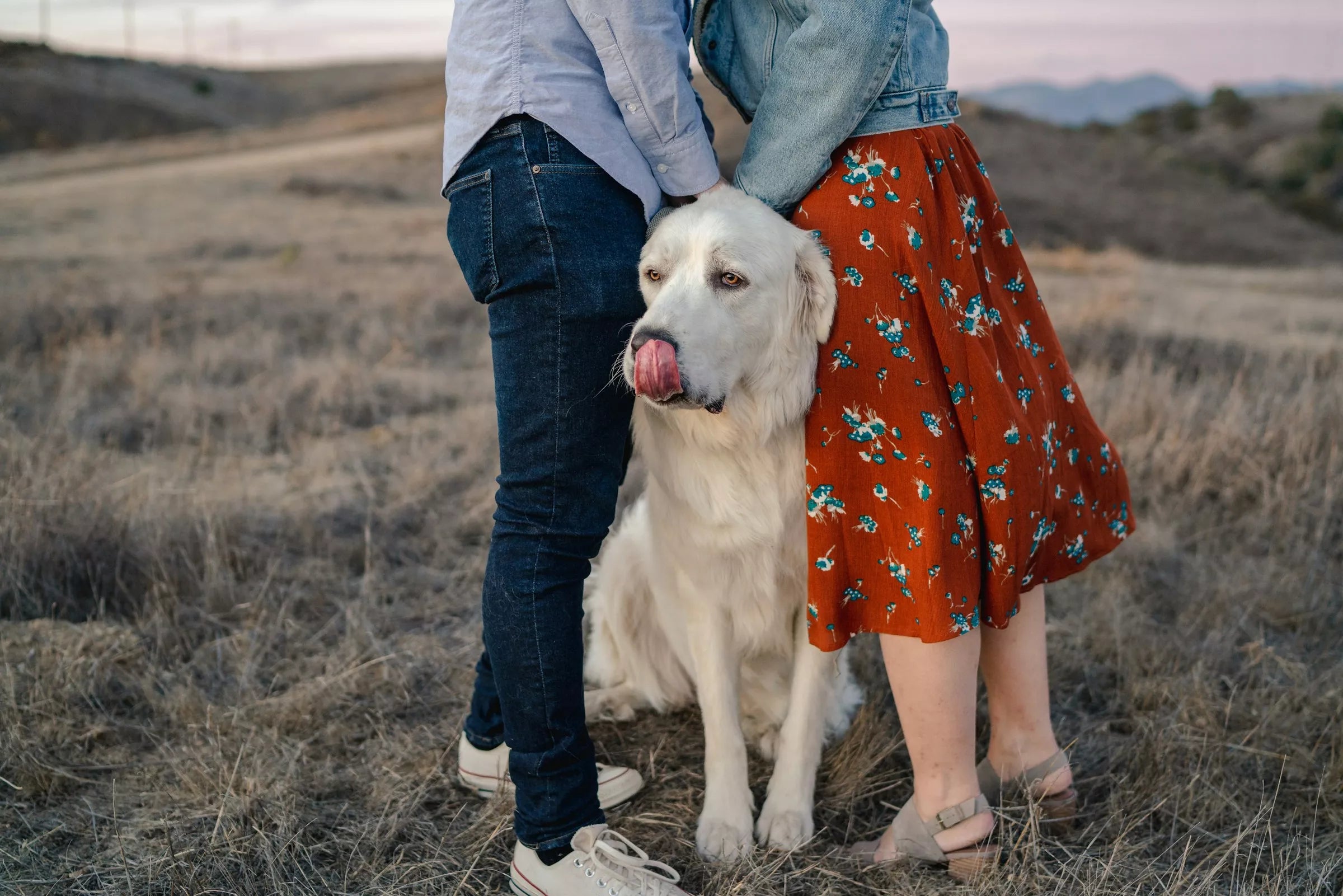Hey there, lovely dog parents! If you're like us, your furry friend is more than just a pet—they're family. And just like with our human loved ones, we want to do everything we can to keep our pups happy and healthy. One crucial way to do that is by making sure they're up to date on their vaccinations.
Now, we know it can feel overwhelming trying to keep track of all the shots your dog needs, especially with so much information out there. But fear not, we'rehere to break it down for you in simple terms.
Essential Vaccinations
Let's talk about the essential vaccinations your dog needs to stay protected and thrive:
-
Rabies Vaccine: This one's a must-have. Rabies is a serious and potentially fatal virus that can affect both animals and humans. Getting your dog vaccinated against rabies not only keeps them safe but also helps prevent the spread of the disease.
-
Distemper Vaccine: Distemper is another nasty virus that can wreak havoc on your pup's health. It's highly contagious and can lead to symptoms like fever, coughing, and even neurological issues. Fortunately, a simple vaccine can provide strong protection against it.
-
Parvovirus Vaccine: Parvo is a nightmare for any dog owner. It's highly contagious and can cause severe vomiting, diarrhea, and dehydration—sometimes with fatal consequences. Vaccinating your dog against parvo is essential for their well-being.
-
Adenovirus (Hepatitis) Vaccine: Adenovirus, specifically type 1, can cause liver and kidney damage in dogs. Vaccination helps protect against this virus, keeping your furry friend safe from harm.
-
Bordetella Vaccine: Also known as kennel cough, Bordetella is highly contagious and can spread rapidly in places where dogs gather, like parks or boarding facilities. Even if your pup doesn't spend much time around other dogs, it's still a good idea to vaccinate them against Bordetella to be on the safe side.
-
Leptospirosis Vaccine: Lepto is a bacterial infection that can be transmitted through contaminated water or soil. It can cause serious health issues in both dogs and humans. Vaccinating your dog against leptospirosis is especially important if you live in an area where the disease is prevalent.
Conclusion
Remember, prevention is key when it comes to keeping your dog healthy. By staying on top of their vaccinations, you're not only protecting them but also contributing to the overall well-being of your community.
If you ever have any questions or concerns about your dog's vaccinations, don't hesitate to reach out to your vet. They're there to help guide you through the process and ensure your furry friend gets the care they need.
FAQs
How often does my dog need to be vaccinated?
The frequency of vaccinations can vary depending on factors like your dog's age, lifestyle, and local regulations. Generally, puppies need a series of vaccinations in their first year of life, followed by booster shots every 1-3 years. Your veterinarian can create a personalized vaccination schedule for your furry friend based on their specific needs.
Are vaccinations safe for my dog?
Yes, vaccinations are generally safe for dogs and are crucial for preventing serious diseases. Like any medical intervention, there can be rare side effects, but the benefits of vaccination far outweigh the risks. If you have concerns about your dog's health or potential reactions to vaccines, talk to your vet.
Can my dog skip certain vaccinations?
It's not recommended to skip vaccinations unless advised by your veterinarian for specific health reasons. Each vaccination protects against a different disease, and skipping them could leave your dog vulnerable to illness. Your vet will help determine which vaccines are necessary based on your dog's individual risk factors.
My dog is indoors most of the time. Do they still need vaccinations?
Yes, even indoor dogs need vaccinations. Some diseases, like rabies and parvo, can be transmitted through contact with wildlife or contaminated objects brought into the home. Additionally, if your dog ever needs to be boarded, groomed, or visit the vet, they may be exposed to other dogs and contagious diseases.
Can my dog get vaccinated if they're sick?
It's generally best to wait until your dog is healthy before vaccinating them. Vaccines work best when the immune system is strong and can respond effectively. If your dog is currently sick or undergoing treatment for an illness, talk to your vet about the best timing for vaccinations.
Are there any alternatives to traditional vaccinations?
While vaccinations are the most effective way to protect your dog from many diseases, there are some alternative approaches, such as titer testing or homeopathic nosodes. However, these methods may not provide the same level of protection as traditional vaccinations and should be discussed with your vet.















Share:
7 Tips to Manage Your Dog's Spring Shedding
Best Dog Breeds For Families